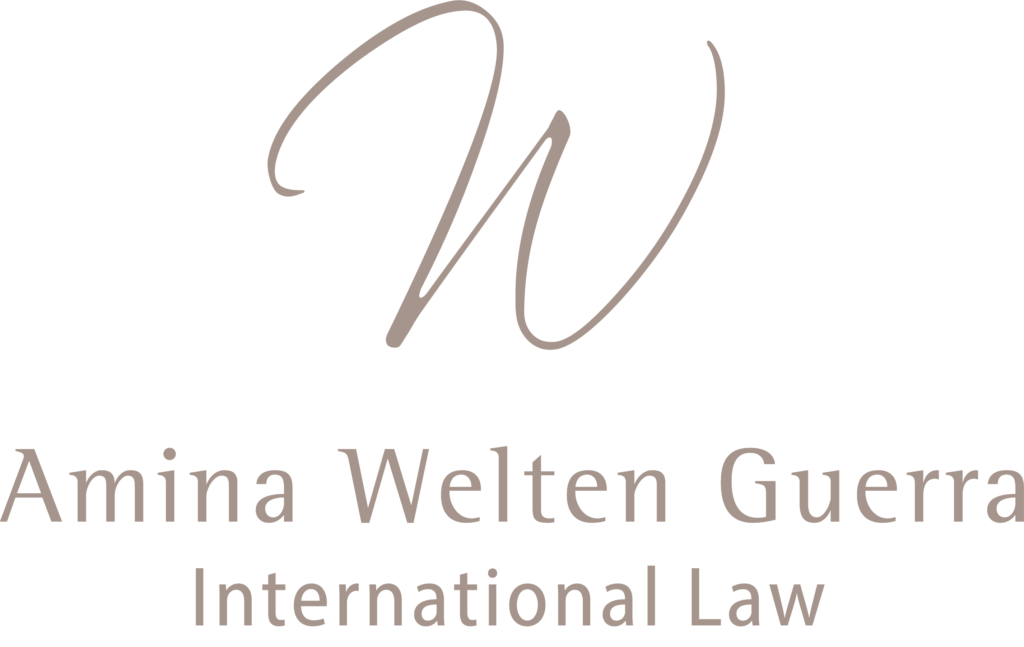Introduction
The right to family reunification is a fundamental right of migrants, recognized by Brazilian law as essential to human dignity. For foreigners wishing to live in Brazil with their spouses, children, parents, or economic dependents, the migration legislation provides specific mechanisms that enable their legal and regular stay in the national territory. This article explains what the family reunion visa is, what the requirements are for obtaining it, and how the application process works, including practical information about timelines and steps.
What is the family reunification Visa?
The family reunification visa in Brazil is the legal and administrative instrument that allows foreigners to reside in the country to live with their family members, whether through marriage, civil union, kinship ties, or economic dependency. This type of visa facilitates the migration of foreigners to Brazil regardless of nationality recognition or naturalization.
To ensure that these individuals can legally remain in the country and live with their loved ones, Brazilian migration law provides for the so-called family reunification visa, regulated by the Migration Law (Law No. 13.445/2017)¹. This visa is currently one of the most requested authorizations by foreigners who wish to establish residence in Brazil.
What are the requirements to apply for this Visa?
To apply for the family reunion visa or residence permit in Brazil, the main requirement is to prove a valid family relationship with a Brazilian citizen, either native or naturalized, or with a foreigner already residing legally in the country. Eligible family members include spouses or partners in a stable union, including same-sex unions, minor or dependent children, parents, and in some situations, other economically dependent relatives, such as siblings, grandparents, or grandchildren, provided the dependency is properly documented.
In addition to proving the family relationship, the foreigner must have a regular migration status or, if already in Brazil in an irregular situation, must provide an appropriate justification when formalizing the request with the Federal Police. Like any migration process, all required documents and declarations must be presented to the competent authority, the Federal Police. All documents issued outside Brazil must be previously legalized by the Brazilian consulate of the issuing country or apostilled in accordance with the Hague Convention. Furthermore, if they are not written in Portuguese, they must be translated by a sworn translator in Brazil.
Finally, the applicant must not have any criminal convictions or be under investigation for crimes that pose a risk to public order or national security, as such factors may prevent the residence permit from being granted. It is also important to note that if the family relationship that justified the residence ends, such as through divorce or dissolution of the union, the immigration authority may review or even cancel the authorization.
How is the process and what is the average timeline?
The process combines electronic and in-person stages: the initial registration and submission are done online, but it is mandatory to attend the Federal Police in person for verification of original documents, fingerprinting, and photos. After the in-person appointment, the Federal Police forwards the case for review, at which point the authorization will be evaluated and may or may not be approved. The average decision time varies significantly depending on the jurisdiction and demand at the competent office, but generally takes between 30 and 60 days to complete. In more complex cases or those with high demand, it may take up to 90 days.
Conclusion
The family reunification visa is more than just an administrative procedure: it ensures that foreigners can live in Brazil with their family, with legal certainty and full rights. Our firm, has a specialized team in migration law and offers comprehensive assistance for foreigners and their families who wish to apply for the family reunification visa or regularize their status in Brazil. Contact us today to schedule a personalized consultation and find out how we can make your migration process safer and more efficient!
¹ https://www.planalto.gov.br/ccivil_03/_ato2015-2018/2017/decreto/d9199.htm
André L. C. Delziovo

